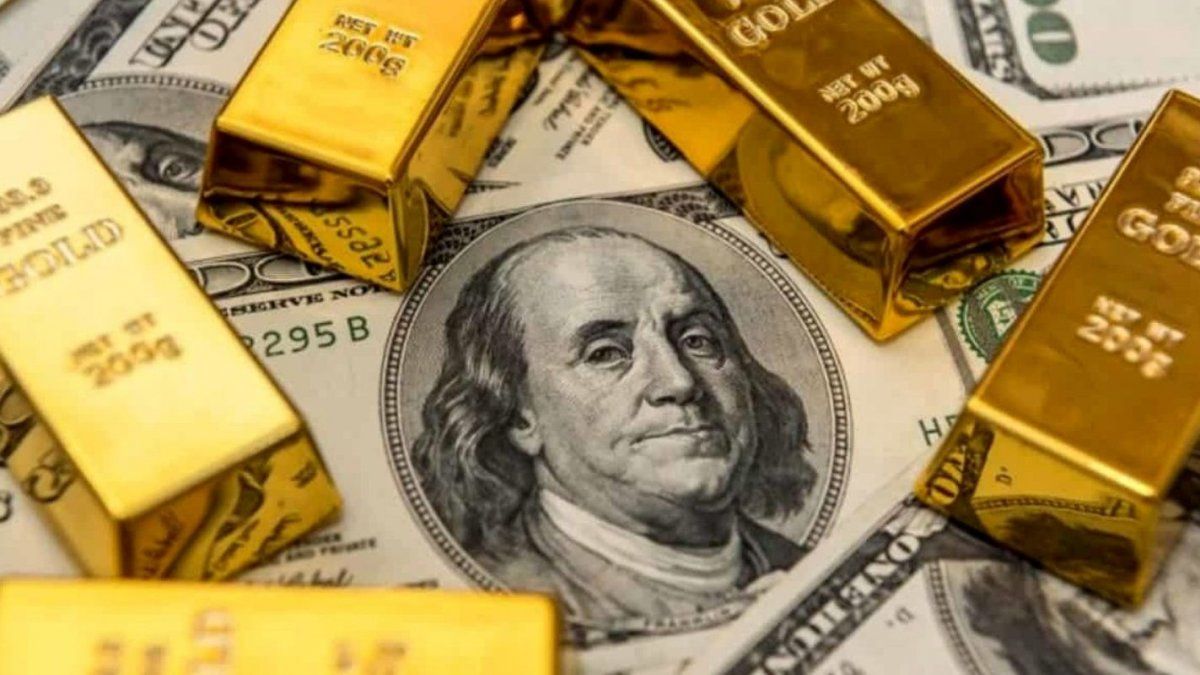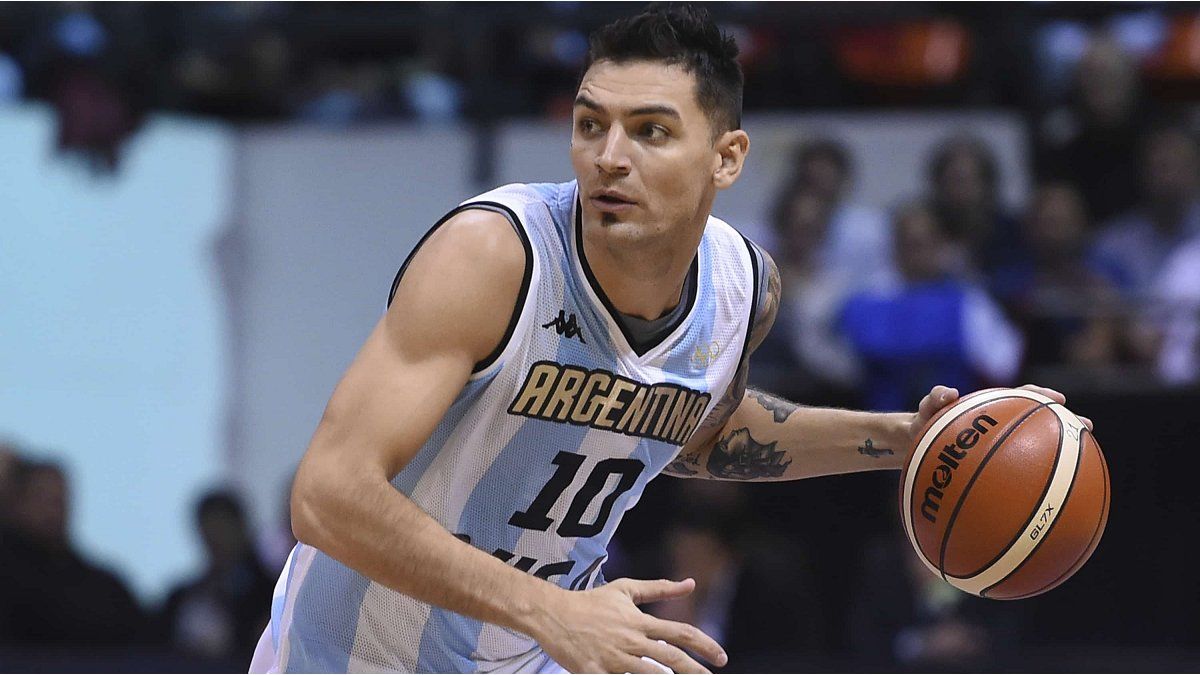The controversial pipeline is finished – but will not go into operation for the time being. Formally, the federal government only withdraws one report, but that has major consequences.
In view of the Russian escalation in the Ukraine conflict, the German government has put the controversial Nord Stream 2 pipeline on hold. Chancellor Olaf Scholz (SPD) spoke in Berlin of a fundamentally different situation. This also has consequences for the pipeline, as he made clear.
Economics Minister Robert Habeck (Greens) said that approval for Nord Stream 2 had been stopped for the time being. “The geopolitical situation makes a reassessment of Nord Stream 2 imperative.” The pipeline is intended to bring gas from Russia to Germany.
Scholz condemned Russian President Vladimir Putin’s decision to recognize the self-proclaimed People’s Republics of Luhansk and Donetsk in eastern Ukraine as independent states as a serious breach of international law. Putin also ordered Russian troops to be sent to eastern Ukraine. According to Western sources, Russia has gathered about 150,000 soldiers on the border with Ukraine.
The Chancellor emphasized: “In this phase, it is now important, in addition to the first sanctions, to prevent further escalation and thus another catastrophe. All of our diplomatic efforts are aimed at that.”
The US government welcomed the move. US President Joe Biden has made it clear that the pipeline should not go into operation in the event of a Russian attack on Ukraine, his spokeswoman said on Twitter. “We coordinated closely with Germany during the night and welcome the announcement.”
administrative step
Nord Stream 2 was stopped specifically because the traffic light federal government withdrew a report from the black-red predecessor government to the Federal Network Agency. This involves an analysis of the security of supply. “It may sound technical, but it is the necessary administrative step so that the pipeline cannot be certified now,” said Scholz. Without these, Nord Stream 2 cannot go into operation. The procedure is now going “a new course,” said the Chancellor: “It will certainly take a long time, if I may predict.”
After a meeting with NRW Prime Minister Hendrik Wüst (CDU) in Düsseldorf, Habeck said that the step to Nord Stream 2 had been meticulously prepared for weeks and months. At the same time, he emphasized that Germany must become less dependent on fossil fuels such as Russian natural gas. To do this, renewable energies from wind and sun would have to be expanded more quickly in Germany.
According to the ministry, the reason for the decision on Nord Stream 2 is the situation on the German and European gas market this winter and the intensification of geostrategic developments. With regard to the Russian escalation, it was said that it could not be ruled out that this would have an impact on the security of supply to be examined in Germany and the EU. This requires a reassessment.
The prerequisite for the certification of the pipeline is that the line does not endanger the security of supply in Germany and the EU. This was exactly the result of the ministry last October under the then head of department Peter Altmaier (CDU). This was an important step in the approval process – which has now been effectively stopped. A spokesman for the Federal Network Agency in Bonn said: “Operating the pipeline without certification would be illegal.”
Commissioning Delay
Actually, natural gas should have been flowing through the Baltic Sea pipeline from Russia to Germany for around two years. However, sanctions and threats of sanctions from the USA, among other things, had delayed the project.
The 1,230-kilometer double strand of Nord Stream 2 runs from Vyborg in western Russia to Lubmin near Greifswald (Mecklenburg-Western Pomerania). Both lines have been completely filled with technical gas since the end of December. The pipeline, the construction of which began in 2018, is to deliver 55 billion cubic meters of gas per year to Germany in the future, the construction costs have so far been given as more than ten billion euros. Nord Stream 2 runs parallel to Nord Stream 1, which became operational at the end of 2011.
The Federal Network Agency suspended the certification process in November and demanded that the operating company be organized under German law. Nord Stream 2 AG, based in Switzerland, wants to meet the requirement by founding a German subsidiary. Nord Stream 2 AG said on Tuesday that they took note of the suspension of the certification process. Formally, the sole shareholder of the company is the Russian gas company Gazprom.
Russia unimpressed, Ukraine delighted
Russia appeared unimpressed by the German government’s step and the threat of new sanctions from the West. “Moscow is not afraid of anything,” said Deputy Foreign Minister Andrei Rudenko in Moscow, according to the Interfax news agency. The US and Ukraine wanted to prevent the pipeline.
On the other hand, Ukraine welcomed the decision of the federal government. “Under the current circumstances, this is a morally, politically and practically right step,” Foreign Minister Dmytro Kuleba wrote on Twitter.
Poland also reacted positively: “This is the voice of reason and open resistance to the Kremlin’s neo-imperialist ambitions,” Prime Minister Mateusz Morawiecki wrote on Facebook.
CSU regional group leader Alexander Dobrindt said: “Russia’s action is a blatant breach of international law, for which there is no justification.” FDP parliamentary group leader Lukas Köhler said: “Germany and Europe must now stand firmly by Ukraine’s side and be prepared to make sacrifices themselves through very tough economic sanctions. The gas supply is currently secured even without the new pipeline.” Green politician Jürgen Trittin said: “Europe and the world must free themselves from dependence on Russian raw materials.”
Source: Stern
David William is a talented author who has made a name for himself in the world of writing. He is a professional author who writes on a wide range of topics, from general interest to opinion news. David is currently working as a writer at 24 hours worlds where he brings his unique perspective and in-depth research to his articles, making them both informative and engaging.




